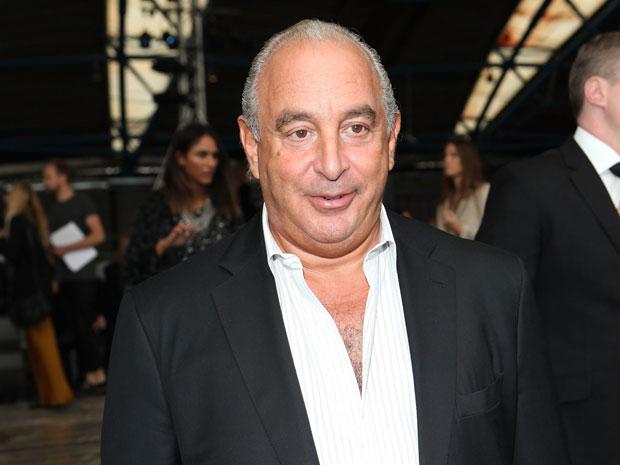Rewards for Cameron’s cronies are the exact opposite of what the honours system should be about
The traditional role of the honours system was to reward those who devoted their lives to public or charitable service and who were, conventionally, not well-paid. But this has been warped

When testing the usefulness of any institution, no matter how venerable, it is useful to imagine life without it. We know, for example, that our lives would be immeasurably impoverished, even endangered, by the abolition of the NHS. And we would notice the absence of the BBC or even the DVLA. We might even miss the Labour Party, should it continue its present trajectory. But the honours system...?
The point of this ritual has been called into question once again, and rightly so, by the blatantly political list of nominees assembled by David Cameron for his resignation honours. If there were such a thing as the Most Honourable and Excellent Britannic Order of the Two Fingers to the Lot of You, Mr Cameron would be its Chief Usher. In granting honours for personal stylists, political chums and the leaders of the doomed pro-EU campaign, Mr Cameron has struck a defiant, almost petulant, pose.
Of course, political honours are nothing new, and it is not the first time that outgoing prime ministers have used and abused the system. Harold Wilson’s resignation honours 40 years ago remain the most controversial, with sometimes unfathomable rewards for businessmen and other associates, not all of them free from “issues” and not all of them fond of Wilson himself. Margaret Thatcher gave a hereditary baronetcy to her husband, Denis, now passed to Sir Mark Thatcher, whose public service is not what he is most celebrated for. Tony Blair and Gordon Brown were more constrained when they left office than Mr Cameron has been.

The traditional role of the honours system was to reward those who devoted their lives to public or charitable service and who were, conventionally, not well-paid. The idea was that, in return for giving up the more substantial financial rewards of a career in the private sector, a gong would be given as a non-pecuniary award. The useful bonus, of course, was that a knighthood or peerage also bestowed a special status on some other family member (as in “it’s not for me, it’s for the wife”).
An economist, say, who spent their working life at the Bank of England rather than earning more money at a bank in the City, would have a trip to the Palace, an archaic title and a little medal with the Queen’s head on it. This would compensate for the fact that they had a smaller house and a cheaper car than their counterpart at Goldman Sachs.
There is much wrong with this, though. First, salaries and rewards in the public sector are no longer as far out of kilter with the private sector as they once were – especially if the routine final salaries still paid to former civil servants are factored into the equation. Second, those in the private sector – Sir Philip Green being a prominent example in the news – can hardly be said to have had their business career entirely motivated by thoughts of public service. Would Sir Philip, and many others, have gone about building their businesses and their fortunes had there been no prospect of a “K” at the end of it? The likelihood is that they would.
In the same way, it is difficult to imagine that Philip Hammond or Michael Fallon would not have bothered with a career in politics if they’d been told as younger men that they wouldn’t get to be called “Sir” when they got to the top of the greasy pole. In other words, if there were no honours at all, the civil service, politics and business would still find it just as easy (or difficult) to find recruits.
Charities and other voluntary work might find the talent a bit more difficult to attract, and a gesture towards the work individuals do in these areas would seem more justified. But even in these cases the professionalisation and commercialisation of the third sector – symbolised in recent charity fundraising scandals – casts some doubt on such an assumption.
Early in the life of the last Labour government, at the zenith of New Labour’s taste for fads, there was much talk of “people’s peers” and honours going to “ordinary people” nominated by the public – head teachers, social workers and so on. After an initial flurry, the establishment seems to have re-established its grip on the supply of medals, sashes and swords of honour, and the system has settled back into its ancient, cosy ways.
The truth is that we would not miss the current honours system if it disappeared, and the best thing to do with all the KCMGs, CBEs and KGs would be to reserve them for those who toil for free. They, unquestionably, do deserve their trip to the Palace.
Join our commenting forum
Join thought-provoking conversations, follow other Independent readers and see their replies
Comments
Bookmark popover
Removed from bookmarks